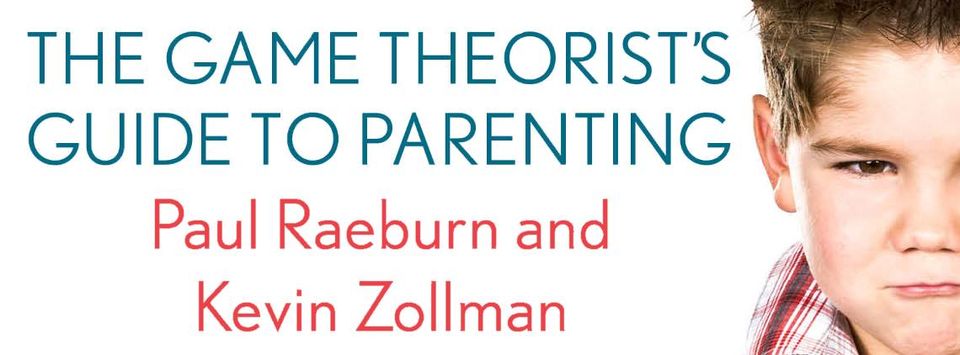Prison Break & Parenting
In game theory, it serves you to be two-faced. Be everyone's friend 'til the moment you're not. Make them love you so much that when they're up against you, their own loyalty will act against their own self-interests. That's game theory. A cold rational focus on winning, even if it's at everyone else's expense….In true game theory, everyone is a contingency. You meet people, you bring them into your life, you keep them percolating until the moment you need to manipulate the relationship to your advantage. - Poseidon about Kaniel Outis | Prison Break, Season 5
A Definition that tells Game theory is all about deception and manipulation. After all, the definition came from the antagonist of the series; one can not expect a positive outlook on it. Further events in the series, confirms that there are ways to use Game theory for greater good. Definitely Scoffield was not a creep who practices Game theory. A series worth binge-watching! Okay. That's the story of how I got introduced to Game theory. Let us see what this book says about Game theory.

Game theory is not about deception. It's about being smart in dealings with other people - understanding how people are likely to behave, and devising a strategy that will produce the outcome we're looking for.
All it takes is a little thought, a little economics, a little psychology - and a little practice. We're talking about evidence-based parenting. Not fads, not guesses, not tricks. In the best of circumstances, you will create a win-win situation. Not only will you reduce conflict and encourage your children to do what they should, you will also be teaching them strategies for solving problems they will face long after leaving the family and starting out on their own. Game theory works.
This sets the right attitude towards the book. There are lots of references to research, studies based on the behaviour of birds, fireflies, bonobos, peacocks & bowhead whales. Few of them are interesting to understand the theories better; sometimes I felt bit boring though. Parents with more than one child would benefit a lot from this book I guess; In many places, there are tips and tricks to handle sibling conflicts. Tips which would teach the kids what is fairness and why does it matter. Even without reading this book or knowing what is a game theory about, parents might be practicing it for ages; just like my parents did, but a book like this would be handier and help us to be a better parent. To sum it up,
Our kids are nice. They're very responsive to the messages we're sending. They're not just selfish machines; even though they are not born with fairness. They're built to care for other people. It takes time for them to understand what is fairness, why they will have a better life if they act as moral people, because the short-term costs of being a moral person, of not being selfish, have long-term benefits.
Game theory can help us in this process, to understand why it can make sense to share, to be honest, and to cooperate. We can play the Ultimatum Game, the Prisoner's Dilemma, envy free division, giving credible threats and other game-theory games for years with our children before they face the real world. Game theory can help us know why our kids behave the way they do. And it shows us what we can do to ease tensions in our family and to teach our kids some of the notions of fairness, generosity, and sharing that make them "nice".
Finally, A good game theorist always knows the limitations of each strategy.
If the odds are high that these limitations don't give win-win solution, we are left with the last most disappointing, way nature deals with parenting: Just live with it!
A good read!
Say Hello